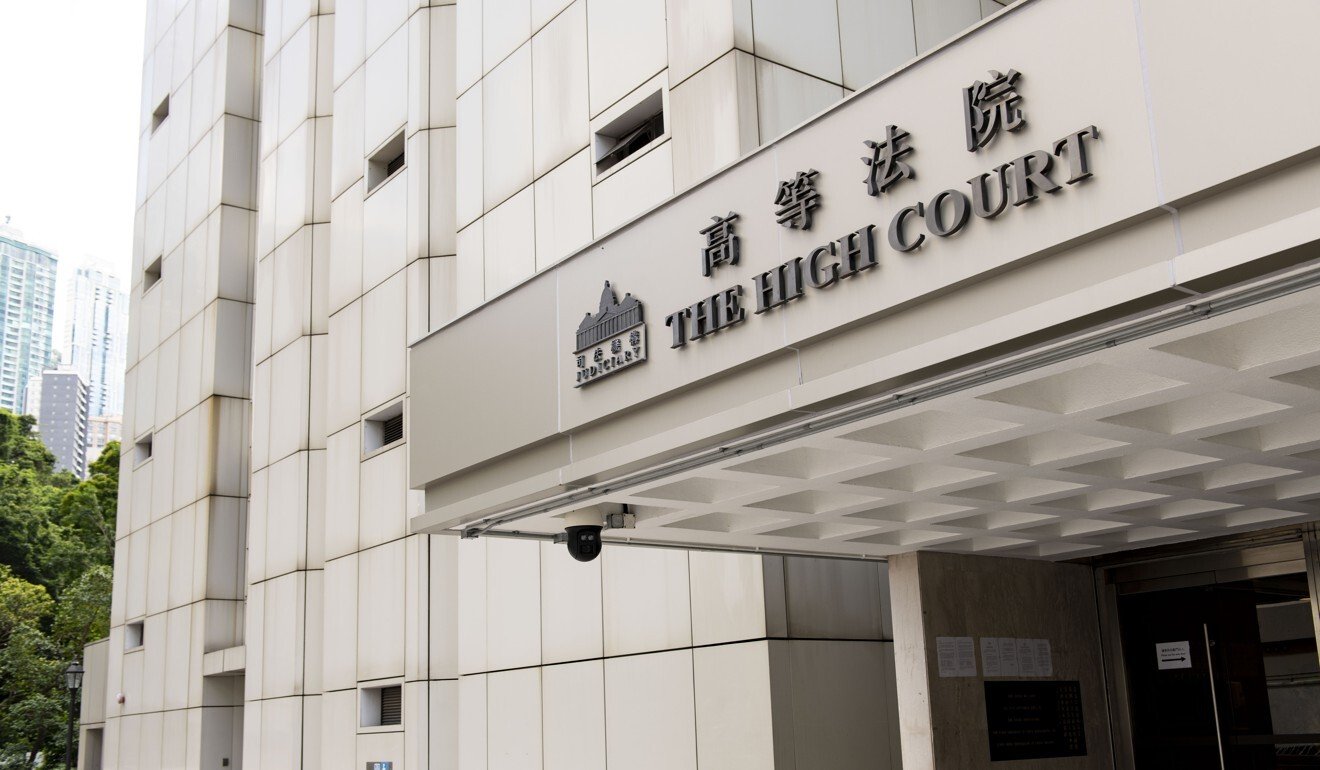
Lawyers question Hong Kong judge’s jury directions in bid to overturn conviction in 2012 beauty treatment death
- Justice Judianna Barnes erred in both how she gave legal directions and presented evidence to the jury, defence team argues
- Dr Mak Wan-ling was given a 3 ½ year prison sentence last December in the death of 46-year-old Chan Yuen-lam, one of three women to fall ill after unproven treatments
Lawyers for a doctor jailed for killing a woman through gross negligence nine years ago in Hong Kong’s worst-ever beauty treatment mishap have argued the presiding judge erred both in how she gave legal directions to the jury and in summing up the evidence.
Dr Mak Wan-ling, 40, was sentenced to 3 ½ years in prison last December after a nine-member jury unanimously found her guilty of manslaughter in the 2012 death of Chan Yuen-lam, 46.
She was convicted in a retrial after a different High Court jury failed to reach a verdict in her case while finding her two co-defendants – Dr Stephen Chow Heung-wing, her 65-year-old boss, and technician Chan Kwun-chung, 34 – guilty of the same charge after a 100-day trial in 2017.
The deceased was among three women who fell seriously ill after receiving experimental injections – promoted as a way to improve immunity – administered by Mak a week earlier at one of the DR Group’s 38 beauty clinics.

At the Court of Appeal on Wednesday, Mak’s counsel, Peter Duncan SC, applied for leave to appeal, arguing that errors made by trial judge Madam Justice Judianna Barnes led to an unsafe conviction.
Duncan observed that the jury was only told they had to come to a majority decision when deliberating whether each element of the offence had been proved – without being told that a majority consisted of seven jurors.
The counsel also submitted that Barnes’ summary was inaccurate and “simply not balanced” when it came to “probably the most important ingredient” – whether Mak’s alleged breaches in her duty of care were so exceptionally bad and reprehensible that they amounted to gross negligence warranting criminal sanctions.
He further complained that Mak had “certainly faced a different case” in her second trial, after Barnes allowed the prosecution to amend the indictment and introduce new allegations, such as failing to give sufficient regard to the fact the therapy should not have been carried out in the first place.
That led to an “overloading of indictment”, which placed an unnecessary burden on the jury and posed the danger of the evidence being considered by virtue of quantity rather than quality.
“It is strongly arguable that the conviction was not a safe one, and this is a case where your lordship should grant leave to the applicant,” Duncan said.

But all three judges on the bench questioned if the direction sought by the defence was necessary, with prosecutor Andrew Bruce SC replying in the negative.
Bruce added that it was within Barnes’ exercise of discretion under the Criminal Procedure Ordinance to amend the indictment, and that did not result in unfairness to Mak.
“The amendment created clarity,” Bruce continued. “The accused can be left in no doubt what was said against her.”
The bench has reserved judgment, with Court of Appeal vice-president Mr Justice Andrew Macrae indicating a decision could be announced next month. The two other judges are Mr Justice Kevin Zervos and Madam Justice Anthea Pang Po-kam.
Chow, who introduced the unproven treatment to customers of his lucrative beauty empire DR Group, was jailed for 12 years.
Chan, the laboratory technician who handled the blood products without conducting any bacteria tests, received a shorter term of 10 years.
Both men have appealed their convictions and sentences, but the higher court has yet to hand down its ruling.
Together with Mak, they are also facing civil claims from the deceased’s family and the two other victims.

